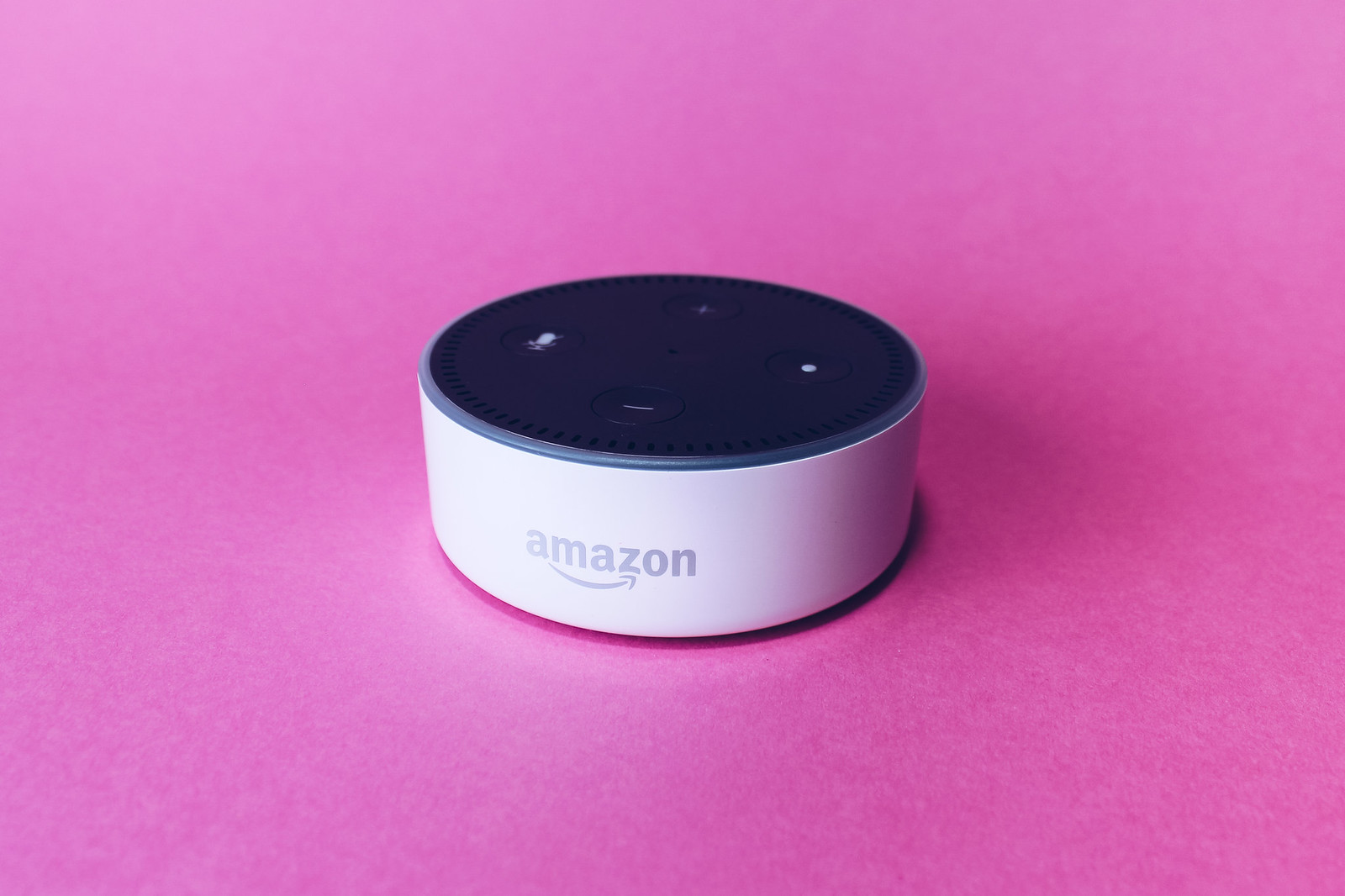
Beat High Bank Fees
Beat High Bank Fees
Banks rely on consumer indifference when they raise fees. They count on consumers not shopping around. PIRG’s Big Banks, Bigger Fees reports routinely find that small banks and credit unions are not following the big banks’ lead; they still offer many free or low cost accounts.

• Avoid Overdraft Fees
• Save Money at ATMs
• Find Free Checking
Keep Your Own Money!
TIRED OF FEES? THEN, VOTE WITH YOUR FEET!
Banks rely on consumer indifference when they raise fees. They count on consumers not shopping around. They count on consumers not switching banks. Look closely at your statements for the last year. Compare the costs of your accounts both to other accounts at your bank and to accounts at other banks in the area. Know what types of transactions you regularly make. Evaluate accounts with your own needs as a yardstick. PIRG’s Big Banks, Bigger Fees reports routinely find that small banks and credit unions are not following the big banks’ lead; they still offer many free or low cost accounts.
BANK AT A CREDIT UNION, NOT AT A BANK.
Credit unions are member-owned alternatives to commercial banks. Fees and balances to avoid fees are lower; interest rates on loans are better. Many credit unions have branches, ATM networks and offer all the services of a bank. Most consumers would be surprised at how many ways they might qualify to join a credit union—ask. Credit union deposits are federally insured, just as bank deposits are. And nearly all credit unions let other credit union members use their ATMs without a non-customer surcharge.
BANK AT A LOCAL BANK, NOT A BIG BANK.
Smaller banks often have lower prices, and better service, than faceless big banks. Bigger banks may have more of their own “free” ATMs, but smaller banks (and credit unions) often offer some free “off-us” ATM transactions and link to surcharge-free ATM networks.
OTHER WAYS TO AVOID THE NEW DEBIT CARD MONTHLY FEES:
Want to stick with your big bank but avoid debit card monthly fees? If your bank charges the fee only when you use the card at merchant point-of-sale, don’t use it. Use a credit card at the store or on the Internet (credit cards are also a safer transaction for you). Or, use the debit card at the bank’s ATM, then use the cash at the store.
AVOID COSTLY DEBIT OVERDRAFTS.
Rules passed in 2010 prohibit banks from charging you fees for over-drawing your account with your ATM/debit card at a merchant or an ATM unless you say yes (opt-in) to so-called “overdraft protection.” Don’t opt-in. If you already did, opt back out. Your card will be declined at point of sale with no overdraft fee. Carry an emergency $10 in your wallet if this concerns you—it beats paying $35 for a $4 latte. Ask about lower-cost “transfers” to cover negative balances. Note: Even if you’ve said no to “overdraft protection,” checks and automated bill payments can still “bounce.”
GET DIRECT DEPOSIT TO GET FREE CHECKING.
Many banks still offer free checking, especially if you have a regular automatic payroll or other direct deposit. Note: An advertised “Free Checking Account” only means no fees can be imposed for monthly maintenance on the account, whether based on your monthly balance or not. Fees can still be imposed for many services, including debit cards, non-bank ATM use, for receiving statements and/or check images in the mail and for overdrafts, among other allowable fees on a “free” account.
MAKE NOISE.
Sometimes you can get a better deal at a bank just by asking for it.
BANK ELECTRONICALLY.
Some banks offer free accounts or charge less if you have your statements “sent” to you electronically, if you don’t have your check images returned to you at all or agree not to use human teller services. If you are comfortable banking online you can save. Read disclosures carefully, check your online statements regularly and archive copies of your online statements, even if the bank says it does.
CHECK OUT INTERNET BANKS.
Banks without branches may have lower fees if you are comfortable banking on the Internet and not ever dealing face-to-face with a person. Note: Check FDIC.gov to confirm you found an insured bank.
LOOK FOR OTHER FREE CHECKING OPTIONS.
Get free checking with several account relationships or, at some banks, even if you simply make 5 or more monthly transfers, including debits, in or out of the account. Move money from low-interest savings. Ask whether you can count all your balances toward your checking minimum. If not, savings account and interest-bearing checking interest rates are so low that putting more money in a regular no-interest checking account to avoid fees may save more in fees than you earned in interest. Many banks and credit unions offer free or lower cost checking for seniors or students.
USE FREE TEXT MESSAGE WARNINGS.
Ask your bank or credit union if it offers free phone text messages or emails when your balance drops to a certain trigger amount. Then transfer money before you risk overdrafts.
COMPARISON SHOP.
Look at bankrate.com, moneyrates.com, findabetterbank.com, bankfox.com, mybanktracker.com and similar sites. Call around or check the websites of your local banks and credit unions. Walk around. Ask bankers for their full schedule of account fees required by law.
BEFORE YOU VOTE WITH YOUR FEET, BE READY WITH A CHECKLIST
After shopping around and picking a new bank or credit union, you’ll need to open the new account and close the old one in stages. Before you close your old account, you need to make sure all your old checks have cleared, and that the new account is up and running correctly before you change your direct deposits and direct payments of bills. Money-Rates.com and Consumers Union/Consumer Reports have detailed checklists to help consumers make the switch.
Topics
Find Out More


Is Alexa always listening? How to protect your data from Amazon

Safe At Home in 2024?
